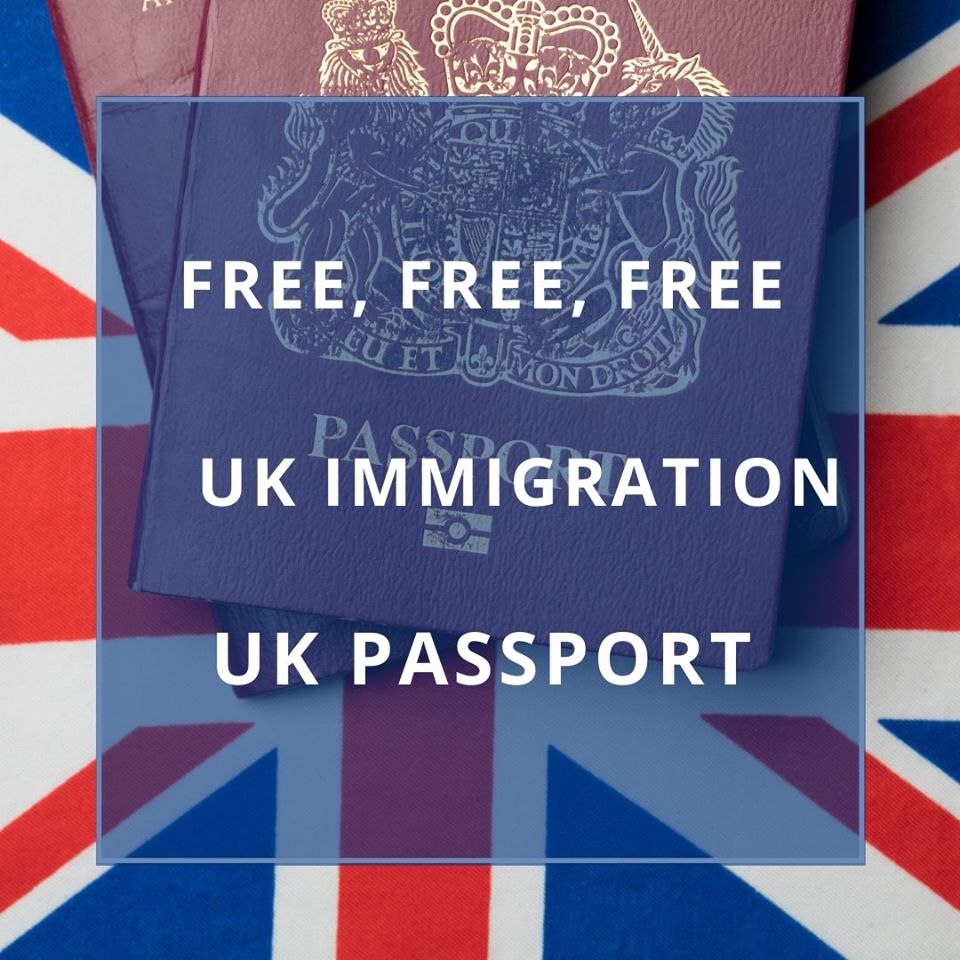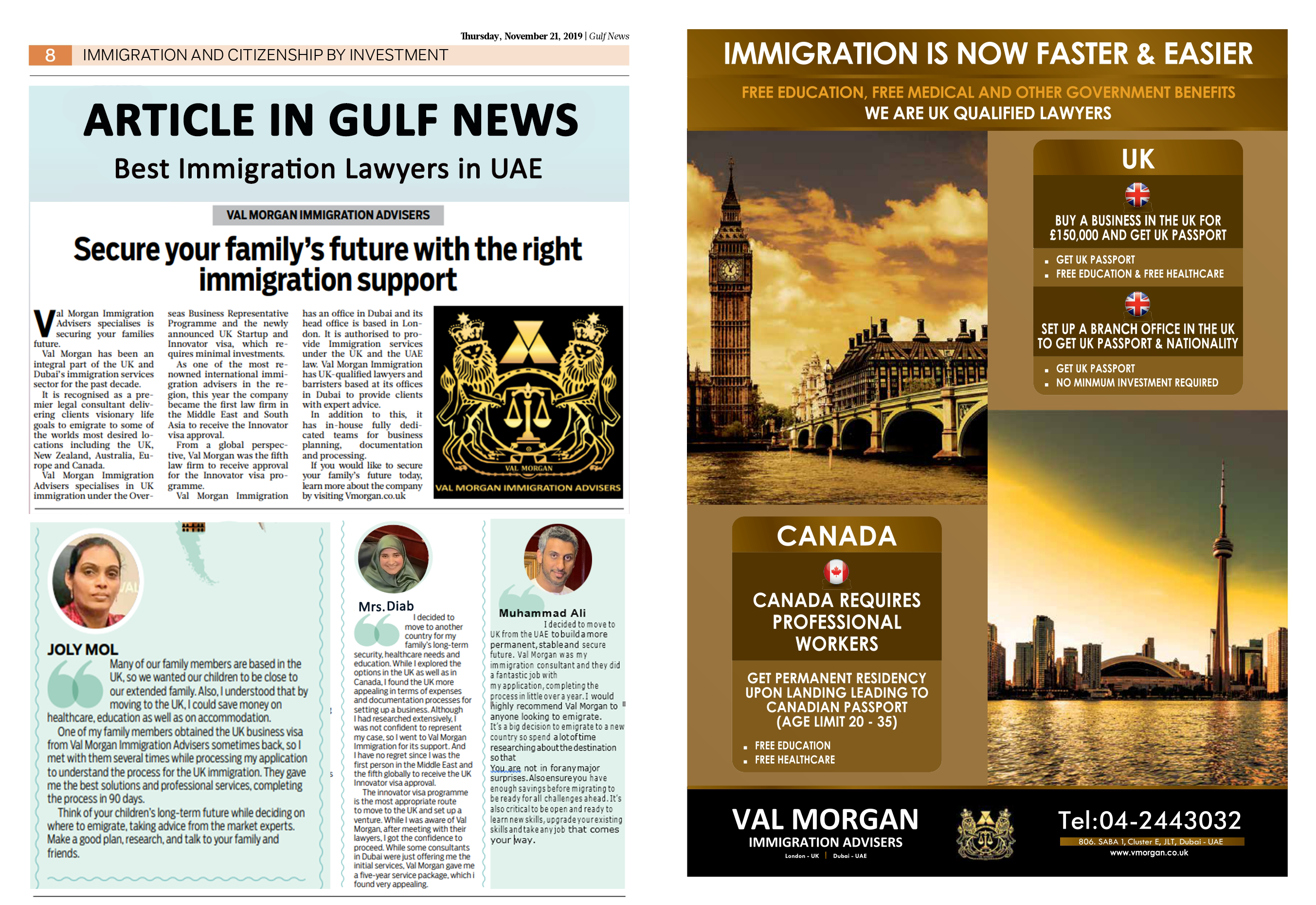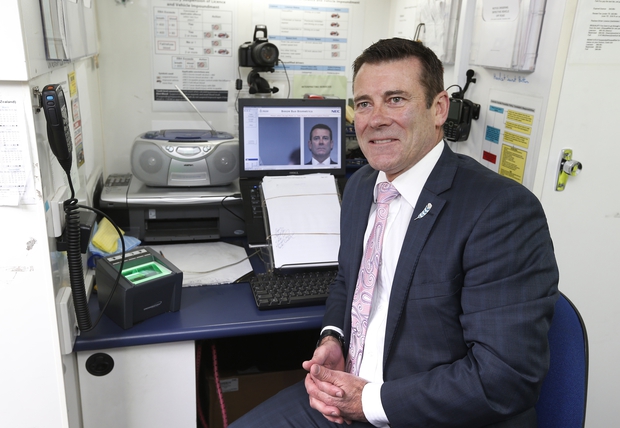Kary Chung, a 22-year-old restaurant front-of-house manager, says Immigration changes will make it “impossible” for her to meet visa requirements under the skilled migrant category.
Originally from Hong Kong, Chung has been in New Zealand for five years, coming first as a high school student at Takapuna Grammar School and graduated last year with a Bachelor of International Hospitality Management degree from AUT University.
“I bring with me skills such as cultural knowledge and being fluent in Cantonese, Mandarin and of course English, which is vital in the hospitality industry here these days,” Chung said.
“But the fact is, people in hospitality are not highly paid, and my current income will not meet the $49,000 mark.”
Chung, who has also worked as an event organiser for a Hong Kong toy and games fair and accommodation host, said the new policy rules would force her to look for another job.
“If skilled employment is now being defined by how much a person earns, then it is impossible for me to qualify even if I get the top position in the restaurant,” she said.
Under the new rules, people who are not currently considered to be in skilled employment will be able to claim points for their job if they are earning $35.24 or more per hour.
Points will also be awarded for skilled New Zealand work experience of 12 months or more.
“The challenge for me now is to find an employer who will pay me what I am really worth,” Chung added.
A tightening of immigration rules will likely be the last before the election and help regions get the workers needed while sending fewer new arrivals to Auckland, Immigration Minister Michael Woodhouse says.
The raft of changes announced today was criticised as mere tinkering by both Labour and New Zealand First, with both promising to go further in restricting numbers to ease pressure on services and infrastructure.
Woodhouse said the adjustments, including restricting skilled worker visas to those who will earn more than $49,000 once in New Zealand, would reduce the number of migrants, although no estimate has been produced.
In figures released exclusively to the Herald, a Ministry of Business Innovation and Employment sample of more than 600 skilled migrant category applications being considered as at March 1 found more than two in five would not have met the new income threshold.
Just 42.5 per cent of applicants earned over the New Zealand median income of $48,859 per year and 14 per cent earned over $75,000.
Fewer overseas students hoping to study low-level qualifications in order to get a pathway to residency could arrive because of the changes, Woodhouse said, there would be fewer partners and children of temporary workers arriving, and seasonal workers would stay for a more targeted period of time.
“I think [the changes] will reduce the number of people going into Auckland, but continue to enable those regions that are calling for more labour to get the workers they need. I think we have that balance right.”
As part of changes to start from August 14, migrants will need to earn more than $48,859 a year once in New Zealand to qualify for a skilled migrant category visa. Those who will earn above $73,299 will be automatically qualified as being in skilled employment.
The SMC points table, under which individuals claim points towards their residence application, will also be realigned to give more recognition of skill levels in the 30-39 age group and high salary levels.
Other changes include limiting lower skilled visa holders to a maximum of three years, and classifying the partners and children of these visa holders as visitors, meaning they will only gain work visas if they meet requirements in their own right.
Officials will also try to limit seasonal work visas to peak demand times, rather than for 12 months as is presently the case.
Woodhouse also announced that about 4000 migrant workers and their families who have lived in the South Island for more than five years will be given a one-off pathway to residence. That led to a call by David Cooper of immigration advocacy service Malcolm Pacific for the same to be offered to North Island workers.
New Zealand First leader Winston Peters attacked the changes as “tinkering” and “just a dog whistle to show they’re doing something”.
Labour leader Andrew Little also labelled the changes tinkering, and said public services, housing and infrastructure couldn’t keep up with record migration levels: “We need to take a breather and catch up”.
Addressing that sentiment in his speech in Queenstown yesterday, Woodhouse said some regional jobs could not be filled by Kiwis because of reasons including location, skills, training, attitude and drugs and alcohol abuse and “the fruit needs to be picked, the grapes harvested”.
“All of that is very well, unless you are stuck in traffic for two hours in Auckland. And I completely understand why that might be a concern,” he told the Herald.
“We can explain away – why it’s internal migration by Kiwis and Kiwis coming home and all of that sort of thing and the number of cars are growing. But that doesn’t help the Aucklander who is stuck. So we build infrastructure, but we also demonstrate to them that we are understanding of that concern and we make sure our migration policies are well set.”
Record migration, which is underpinning New Zealand’s economic growth and putting pressure on infrastructure, has shown no sign of letting up and in the year to February was at a net level of 71,333.
The Government has argued strong immigration flows are a measure of the country’s success and contribute positively to the wider economy.
However, in October Woodhouse announced changes that meant those coming to New Zealand under the skilled migrant category would need 160 points before getting residency, rather than 140.
The number of people allowed entry under the family category was also more than halved, and a temporary ban on applications under the parent category was also announced.
Changes to start from August 14:
• Anyone who will earn less than about $49,000 a year once in New Zealand won’t get a skilled migrant category visa, and permanent residents won’t get points for such jobs.
• People who will earn more than $73,299 will automatically be classified as highly skilled.
• The SMC points table, under which individuals claim points towards their residence application, will also be realigned to give more recognition of skill levels in the 30-39 age group and high salary levels.
• Limiting lower skilled visa holders to a maximum of three years, after which a stand-down period will apply before another visa can be approved.
• Classifying the partners and children of these visa holders as visitors, meaning they will only gain work visas if they meet requirements in their own right.
• Ensuring the length of the visa in seasonal occupations aligns with peak labour demand, rather than for 12 months as is presently the case.





